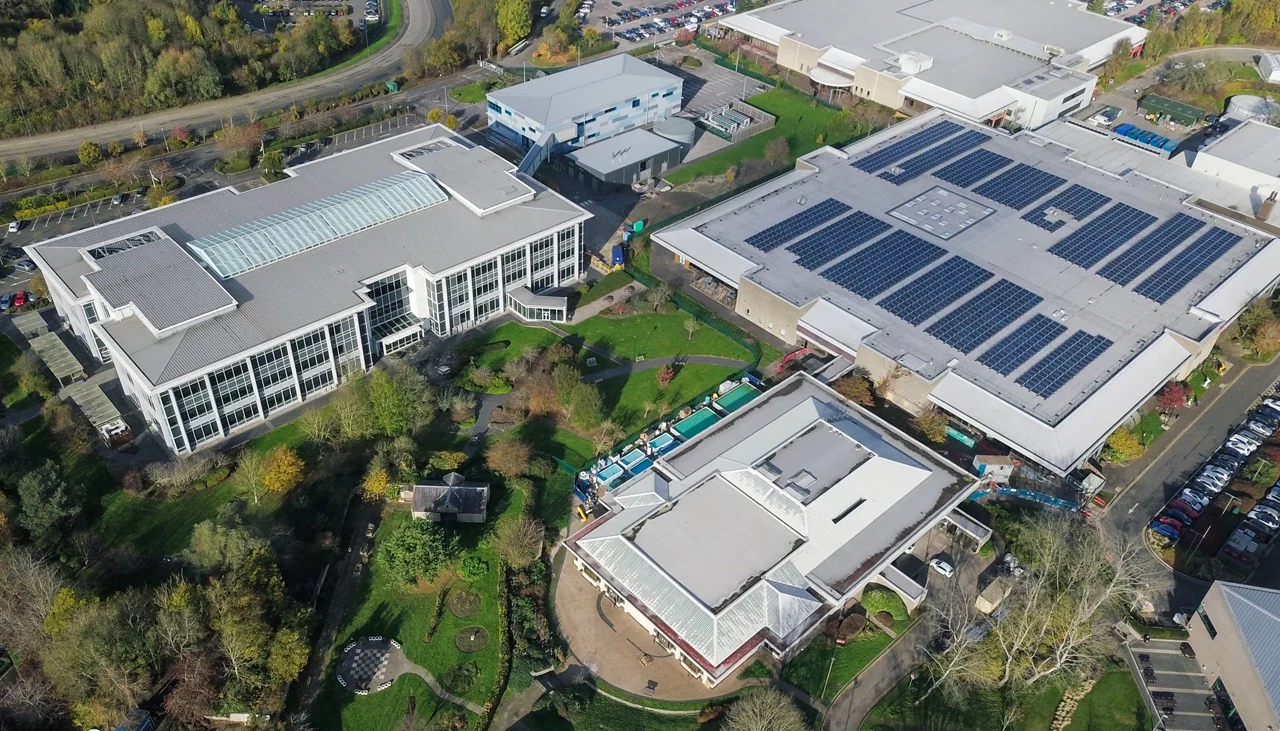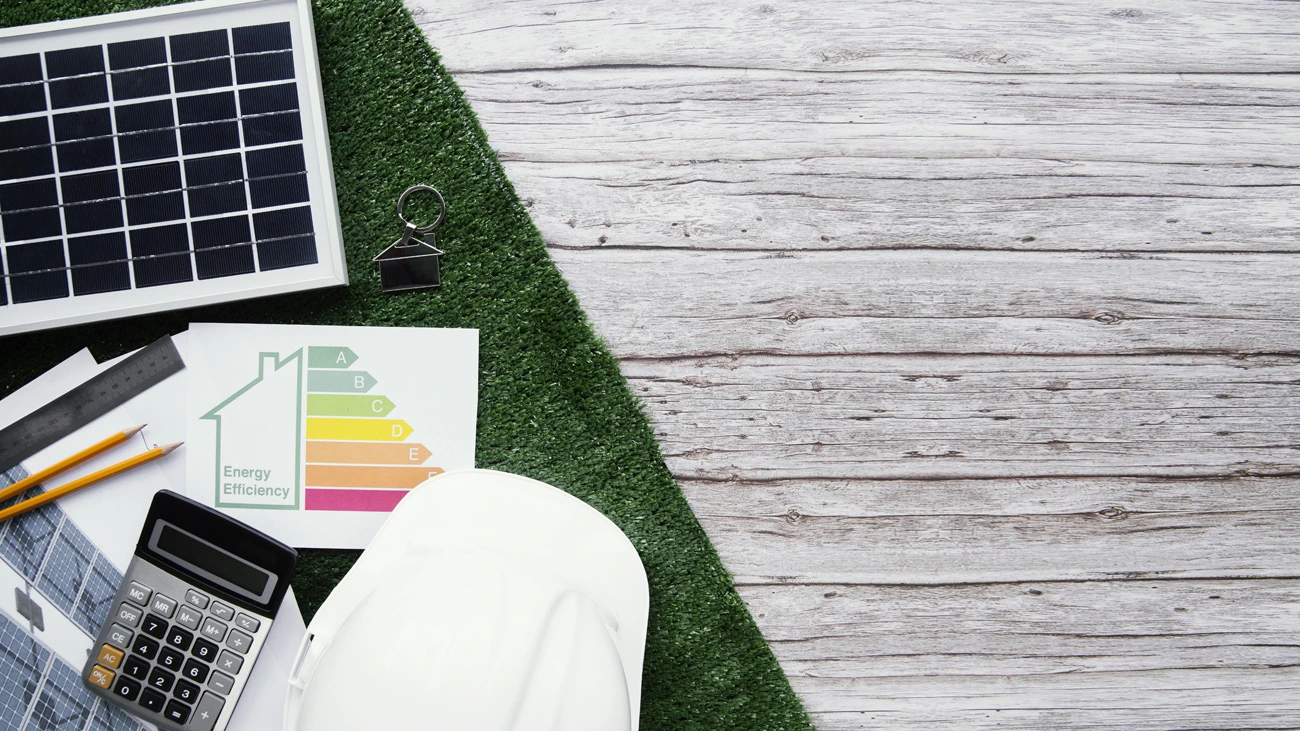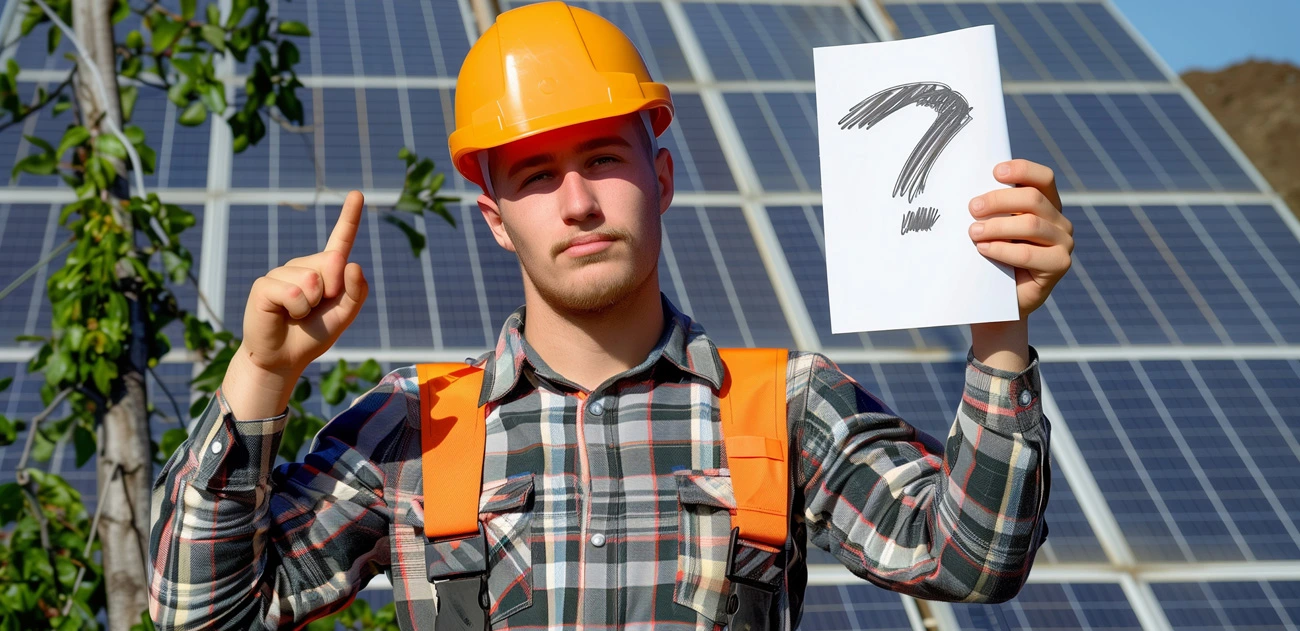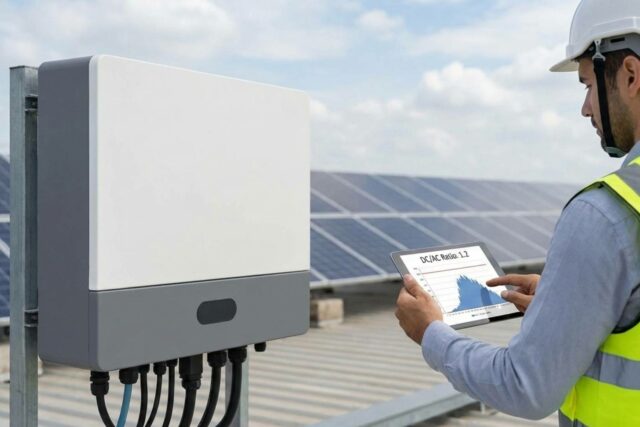
Electricity costs are one of the biggest challenges for businesses in Luxembourg. Rising energy prices, an unstable energy market, and increasing environmental requirements are pushing companies to look for effective ways to reduce expenses. One of the most efficient solutions is investing in photovoltaic installations, which allow businesses to generate their own low-cost energy. Additionally, photovoltaics offer many other financial benefits, such as tax incentives, the possibility of selling surplus energy, and lower operating costs. In this article, we’ll take a closer look at how solar panels can help Luxembourgish companies improve their financial health and gain a competitive edge.
Table of contents
ToggleSavings on Bills: How Does It Work?
The most immediate and visible benefit of installing photovoltaic panels is the significant reduction in electricity bills. In practice, this means that a business produces its own energy for internal use, allowing it to buy less from external suppliers. In Luxembourg – where electricity prices are among the highest in the European Union – this translates into real savings, often in the double-digit percentage range. This is especially important for businesses with high daytime energy usage, as this is when solar panels generate the most electricity and therefore offer the highest cost-saving potential.
Another important aspect is energy cost stabilization. Energy prices are often subject to fluctuations due to geopolitical factors, changes in taxes, or raw material prices. By having its own installation, a business can shield itself from such volatility and protect its budget from unexpected price hikes, which could otherwise disrupt investment plans or daily operations. For companies operating in highly competitive markets, where every cent counts, photovoltaics are not just an eco-friendly choice but also a vital economic factor.
Quick Return on Investment and Improved Profitability
One of the first questions business owners ask is how long it takes to see a return on investment in solar panels. In Luxembourg, the payback period typically ranges from 5 to 8 years, depending on several factors: the size of the system, the company’s energy usage, sun exposure, and the available financial support programs. After this period, electricity costs are practically eliminated, and the company benefits from free energy, drastically lowering its fixed operating costs.
Moreover, investing in photovoltaics boosts a company’s profitability in several ways. Lower energy costs directly improve profit margins. Reduced operational expenses enable more aggressive pricing strategies, reinvestment in growth, or the launch of new products and services. Stable energy costs also positively impact financial forecasting and make it easier to secure funding, as banks and investors perceive lower business risk.
More and more businesses in Luxembourg see photovoltaics as a strategic investment that not only lowers current expenses but also mitigates long-term risks associated with rising energy prices and tightening environmental regulations.
Financial Support and Subsidies in Luxembourg

The Luxembourg government is committed to green transformation and supports businesses that invest in renewable energy. Various financial support programs are available, significantly reducing the upfront cost of solar panel installations. Subsidies can cover a large portion of the investment, making solar installations both realistic and cost-effective for many businesses.
In addition to subsidies, Luxembourg’s legal framework provides tax incentives and exemptions that can further reduce investment costs and improve a company’s cash flow. Support also includes preferential loan terms, allowing companies to spread costs over time with low interest rates.
Businesses can also benefit from consultancy and assistance during the funding application process, making it easier to navigate complex regulations and maximize the benefits of available programs. Importantly, the support is available to both large corporations and small to medium-sized enterprises, fostering green energy development at every business level.
Energy Storage and Selling Surplus Energy - Additional Revenue Sources
Investing in energy storage is the next step that allows companies to gain even more from their solar systems. Battery storage enables businesses to store excess energy produced during the day and use it in the evening or at night, when electricity demand remains high but solar generation drops. This can virtually eliminate the need to purchase electricity from the grid, further reducing costs.
Additionally, in Luxembourg, companies can sell surplus energy to the grid operator at favorable rates. This means that unused or unstored energy can generate real income. For many businesses, this is a way to boost the return on their solar investment even more quickly.
In practice, combining solar panels with energy storage and the ability to sell surplus power enables businesses to create their own mini power plants. These not only meet internal energy needs but also generate profits, providing a new, stable source of revenue.
Lower Maintenance and Operating Costs
Compared to traditional energy sources such as gas boilers or diesel generators, photovoltaic panels require minimal maintenance. Once installed, they can operate efficiently for 25 to 30 years, with maintenance limited to periodic technical inspections and cleaning.
Low maintenance costs translate directly into long-term savings, as the company doesn’t need to allocate extra resources to keep the system running. As a result, the total cost of energy over time is significantly lower than relying on external suppliers.
In addition, regular performance monitoring helps detect faults early, preventing production losses and downtime. Properly managing a photovoltaic system improves efficiency and extends its lifespan – which is beneficial for the company’s budget.
Increased Property Value and Competitive Advantage
Having a solar installation on company premises also increases the value of the property. Buildings equipped with renewable energy sources are more attractive to potential buyers or tenants – especially now, when green certifications and environmental standards are gaining importance.
Green energy also enhances a company’s image, showcasing its commitment to environmental responsibility. This is an important factor in building relationships with customers, partners, and employees, who increasingly expect companies to act in socially and environmentally responsible ways.
Businesses that invest in photovoltaics stand out from the competition as modern and conscious organizations, which can help attract new clients and retain existing ones. In the long term, it becomes part of a broader strategy to gain market advantage and improve brand reputation.
How to Get Started – Practical Tips

If you’re considering investing in solar panels for your company, the first step is to carry out an energy audit. This will help you understand your company’s energy usage, identify peak demand hours, and assess your potential for cost reduction.
The next step is to choose a reputable installer with experience in similar projects. Experts will help select the right system size and configuration based on your company’s operations and the technical conditions of the building.
It’s also worth exploring available financial support options – grants, tax incentives, or preferential loans. Taking advantage of these programs can significantly reduce investment costs and accelerate the return on investment.
Remember: a well-planned and professionally executed photovoltaic installation is an investment that delivers measurable savings for years to come.
For businesses in Luxembourg, investing in photovoltaics is not only a way to lower electricity bills, but also a practical path to financial stability, increased asset value, and a stronger market position. In a time of rising energy costs and tightening environmental regulations, it’s a smart move worth making today.







